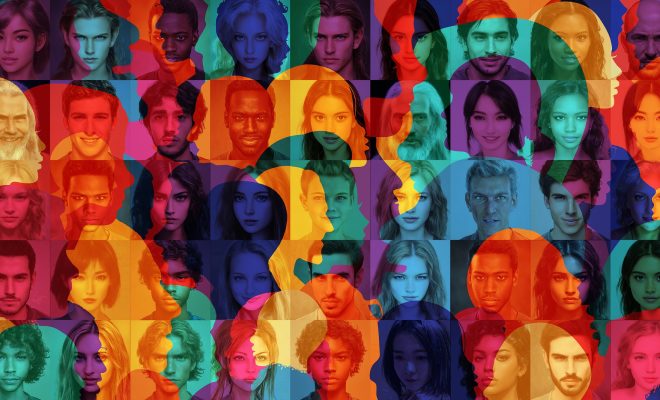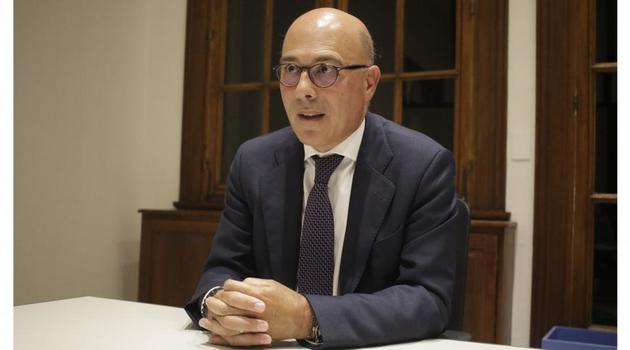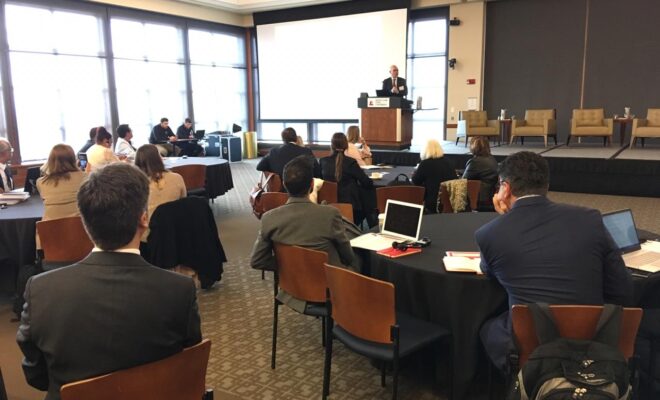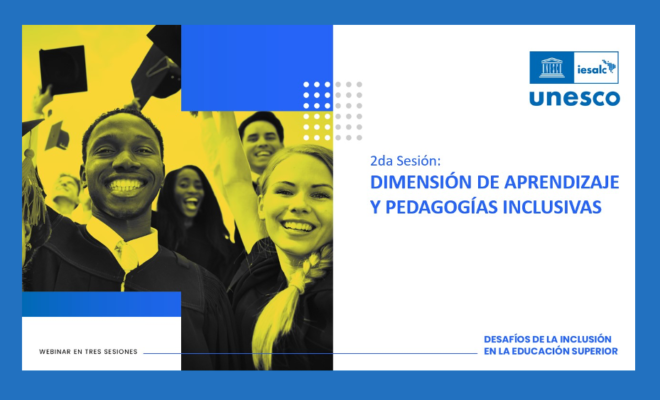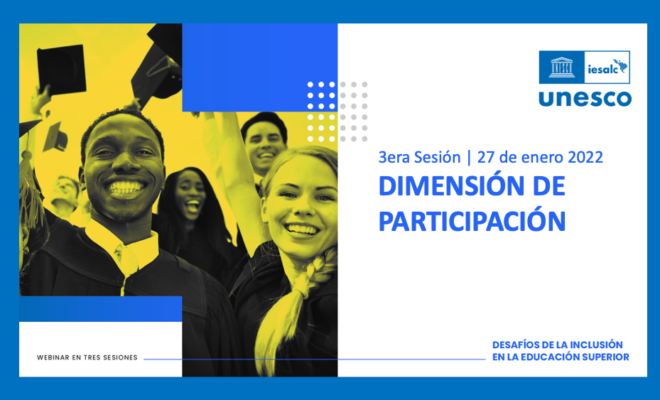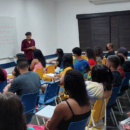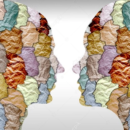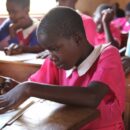Cali, Colombia, hosts the world’s most important forum on inclusion and equity in education
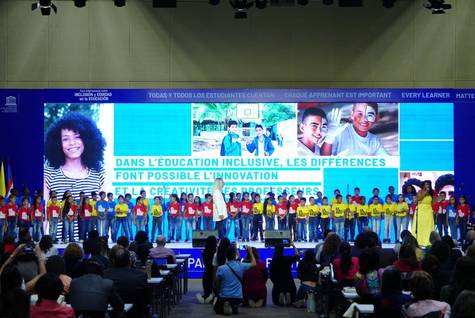

The UNESCO International Forum on inclusion and equity in education: each and every student counts, takes place in Cali, Colombia, from September 11 to 13, 2019. It will explore the challenges and strategies to overcome persistent barriers for vulnerable and marginalized groups and will celebrate the progress made towards educational systems that leave no one behind, promise of the 2030 Agenda for Sustainable Development.
The event will be opened by Stefania Giannini, Assistant Director-General for Education of UNESCO and María Victoria Angulo, Minister of National Education of Colombia and Vice-Chair of the Steering Committee of the Sustainable Development-Education Objective 2030. Maurice Armitage, Mayor of Cali, will also chair the ceremony. .
Claudia Uribe, director of the Regional Office of Education for Latin America and the Caribbean (OREALC / UNESCO Santiago) explains the purpose of the forum: “it aims to build a common understanding and a renewed commitment to strengthen inclusion in education among those responsible for the formulation of education policies, education professionals, civil society organizations, NGOs, United Nations agencies, development partners and the private sector”.
Manos Antoninis, director of the GEM Report will present the preliminary results of the new profiles that describe laws and policies on inclusive education in the countries participating in the Cali Forum. These profiles will facilitate peer learning and the dialogue on policies between countries, especially at the regional and subregional levels. They will also allow a more systematic monitoring of the implementation of national and international strategies to achieve SDG 4, and will allow the analysis of key trends in education.
This work is being carried out to feed the 2020 GEM Report on inclusion and education that will be published in March of that year. It will also contribute to the regional report for Latin America and the Caribbean on the subject (June 2020), which is built in partnership with the Laboratorio de Investigación e Innovación en Educación para América Latina y el Caribe- Summa (Research and Innovation Laboratory for Education in Latin America and the Caribbean) and the OREALC / UNESCO Santiago.
The results of the profiles of the countries represented in the Cali Forum show that there is a strong commitment to inclusion and education, although there is still work to be done to ensure that inclusion covers all groups and not just a particular group.
Almost all countries have ratified the International Convention on the Rights of Persons with Disabilities, although only about 60% have ratified the optional protocol (which establishes an individual mechanism for complaints regarding the Convention). According to the GEM Report team, the latest data available in the countries participating in Cali indicate that almost 70% of the countries have adopted inclusion as a central part of the provision of education:
-19% have mixed systems, promote inclusive education, but encourage separate environments for extreme disabilities
-47% promote inclusive education – curriculum and learning materials, teacher training, without physical barriers – for people with disabilities
-And 70% provide teacher training for inclusion.
Expected results of the Cali Forum
-Provide a strengthened platform for dialogue and cooperation on inclusion;
-Achieve greater awareness of the policies and practices (from early childhood to higher education) that are effective in promoting inclusion in education, and in areas where progress is needed, and
-Produce a final document supporting Inclusion and Equity in Education.
The meeting program will focus on the following topics:
-Formulate and adopt legislation and regulatory frameworks that lay the foundation for an education of inclusion and equity
-Provide quality educational or institutional support in order to assess and respond to the diversity of students
-Develop approaches that generate inclusive learning environments for all students
-Promote cooperation and establish multisectoral alliances to ensure inclusion and equity in education
The Forum will be attended by nearly 500 delegates from more than 40 countries, including representatives from ministries of education and other government officials; education professionals and educators; researchers and experts; bilateral, multilateral and other development partners; private sector stakeholders; representatives of youth organizations and the media, and representatives of intergovernmental and non-governmental organizations that support inclusive education.
More information on the official site of the meeting
Information taken from the UNESCO/OREALC in Santiago.
Photo Ministry of Education of Colombia
RELATED ITEMS
